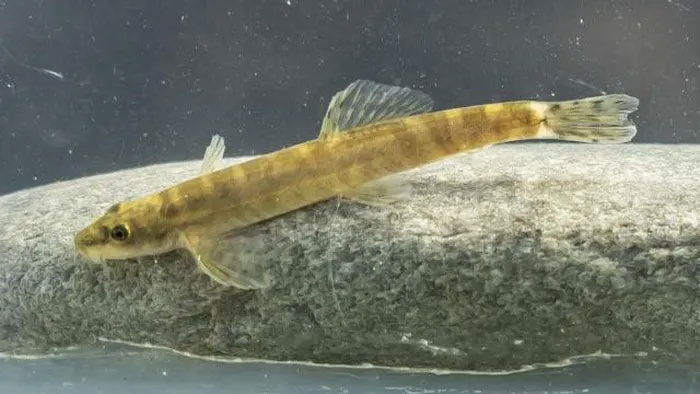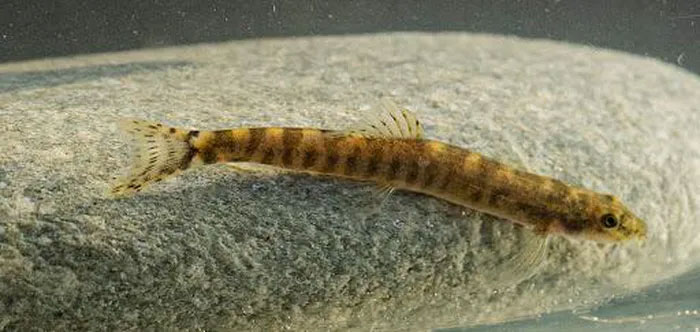Turkish Researchers Rediscover a Freshwater Fish Species Not Seen for Nearly 50 Years
Turkish biologists have rediscovered the critically endangered Batman River loach in two streams in southeastern Turkey. This small freshwater fish had not been seen since 1974 and is the first species to be rediscovered from a list of the 10 most critically sought-after missing fish species.

The last sighting of this small freshwater fish was in 1974.
Cüynet Kaya, an associate professor at Recep Tayyip Erdogan University, stated: “When I first heard about the project to search for missing fish species, I was very excited. Furthermore, one of the 10 most critically sought-after missing species was found in my country. It feels very different when you see foreign naturalists interested in an endemic species in your country. I felt I should do my best for this project, and fortunately, our efforts were rewarded when we discovered the critically endangered Batman River loach population, which had been suddenly missing for several decades since 1974.”
Exploration teams have searched the river beneath the historic Malabadi Bridge and the lower reaches of the Batman River, where the fish was first discovered, multiple times over the decades since the last sighting of the Batman River loach, but all attempts were unsuccessful.

The new population of the Batman River loach appears stable.
After analyzing potential locations where the Batman River loach could survive, Kaya and Oral shifted their focus to the Sarim Stream, upstream of the Batman Dam.
On December 10, 2021, the research team visited the stream and other headwaters of the Batman River, where shallow waters, rocky terrain, and swift currents create the preferred habitat for this fish species. Kaya and Oral searched the streams using tightly woven nets to prevent the Batman loach from slipping through. They eventually found 14 fish in Sarim Stream and 9 others in Stream.
Kaya and Oral reported that the new population of the Batman River loach seems stable, but they expressed concerns about the impacts of pollution, drought, and invasive species. They emphasized the need for further research to better understand the overall distribution of this rare fish species. “Hopefully now we can ensure its future,” Cüynet Kaya said.


















































